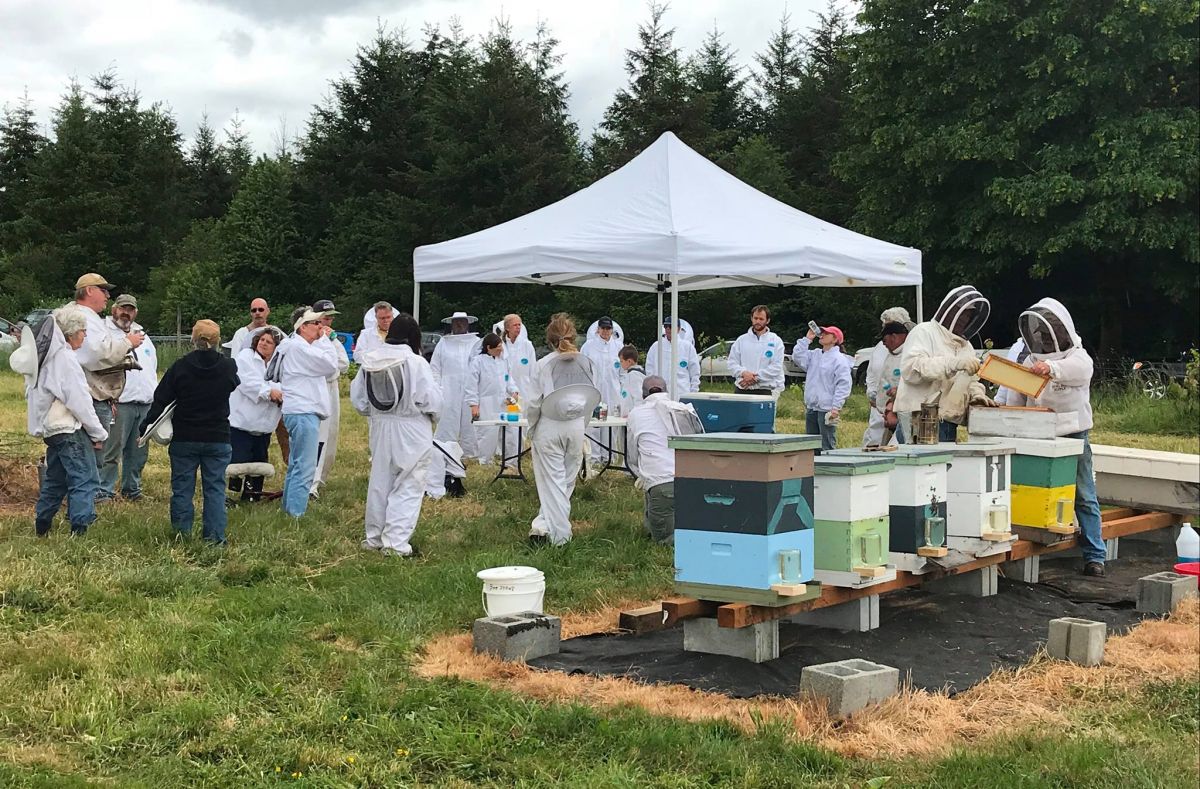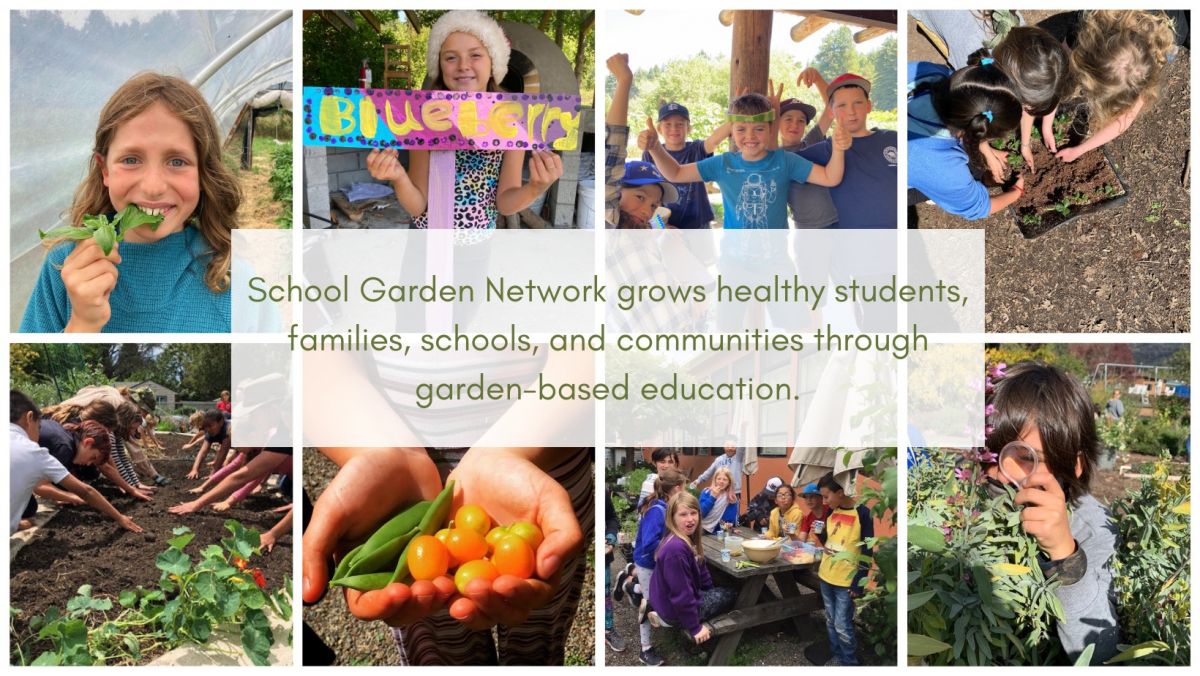Similar organisations to We Bee Gardeners
-
Education N.E.C.
-
667.
Alamo Area Beekeepers Association
Alamo Area Beekeepers Association is a 501c3 nonprofit beekeeping club located in San Antonio Texas.
San Antonio
-
Garden Club, Horticultural Programs
-
668.
Garden Club of Ohio Inc
Welcome Westerville Garden Club The purpose of our club is to develop the knowledge and the love of home gardening to promote the conservation of natural resources to support the laws rules and regulations that promote environmental and ecological standards and to stimulate community and civic beautification.
Columbus
-
Livestock Breeding, Development, Management
-
669.
Lewis County Beekeepers Association
Lewis County Beekeepers' Association is a 501(C)3 nonprofit corporation of hobbyist & commercial beekeepers serving Lewis County, Washington.
1600
Chehalis
-
Garden Club, Horticultural Programs
-
670.
Oklahoma Gardeners Association
The mission of the Oklahoma Gardeners Association is to educate the community using research-based information to improve horticultural practices.
Bethany
-
Natural Resource Conservation and Protection
-
671.
Pollinator Conservation Association Inc
PROMOTE POLLINATOR CONSERVATION AND BIODIVERSITY AS GATEWAY ECOLOGICAL STRATEGIES THROUGH ADVOCACY COLLABORATION EDUCATION AND PROJECT IMPLEMENTATION.
West Seneca
-
Garden Club, Horticultural Programs
-
672.
Garden Club of Indiana
Home Farmers Market Garden Tour Beautification Projects Events Calendar About Us Gallery More IRVINGTON GARDEN CLUB 1999 EST.
Indianapolis
-
Environmental Quality Protection and Beautification N.E.C.
-
673.
Apis Arborea
APIS ARBOREA WAS FOUNDED TO PRESERVE THE LIFE AND RESILIENCY OF HONEYBEES THROUGH 'WILDING', THAT IS, THE RESTORATION OF NATURAL NESTING HABITAT, AND THE USE OF A HOLISTIC ECOLOGICAL FRAMEWORK IN CARING FOR BEES.
Sebastopol
-
Natural Resource Conservation and Protection
-
674.
Save Farmland
TO PROTECT AND PROMOTE SMALL FARMERS IN MONTANA'S FLATHEAD VALLEY.
Whitefish
School Garden Network
Growing healthy students, families, schools, and communities through garden-based education.
1560
Sebastopol


